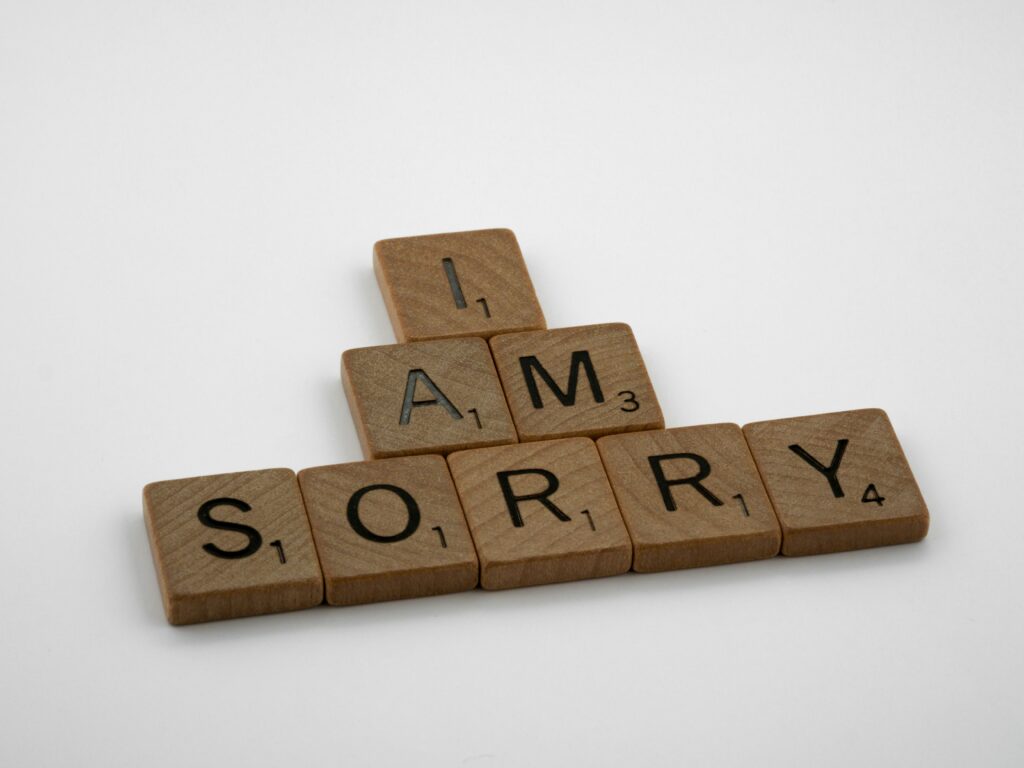If you’re one of the more than 90 unlucky souls who thought a meal at popular restaurant Aladdin Mediterranean in San Diego sounded like a safe choice, chances are your week ended not with satisfied taste buds and fond memories, but with a hospital bracelet and a bottle of IV fluids.
What was supposed to be a Mediterranean meal turned into a gastrointestinal massacre in early 2024, as one of Southern California’s most popular casual dining spots became ground zero for a Salmonella outbreak so severe it sent at least 10 to the emergency room.
And Aladdin’s response?
Well, there is some controversy surrounding their statement.
The Outbreak Nobody Ordered
The health department traced the outbreak to Aladdin’s kitchen — specifically, to its kitchen practices. And not in a “whoops, forgot to salt the hummus” way. Think cross-contaminated prep areas, food held at improper temperatures, and a general disregard for the basic food safety standards that separate restaurants from roulette tables.
It wasn’t one dish. It was multiple.
This wasn’t a slip-up. This was a system failure.
The Apology That Raised Eyebrows
In the wake of widespread illness, public outcry, and state investigation, Aladdin’s leadership finally issued a statement. Was it an apology? Well, technically. But not the kind that makes people feel seen, heard, or reassured.
While the owner did say he was “very sorry” if the restaurant was “directly or indirectly” involved with the outbreak, he also said: “We’re humans at Aladdin. You know, the food is cooked by humans, ok, not by angels or God”.
Right, well lots of other humans seem to be cooking food without hospitalizing their patrons.
In other words, we were provided with just a vague appeal to our collective fallibility — as if preparing hundreds of meals a day in unsanitary conditions was the moral equivalent of forgetting your friend’s birthday. Despite this, the owner did claim that the restaurant had thrown out $70,000 worth of food and are even bringing in a food handler to give everyone a “refresher course” on how to handle food properly.
The Legal View: Sincerity Is Not a Safety Protocol
“It’s not enough to say, ‘we’re human’ after a major outbreak,” says Anthony Coveny, a food poisoning attorney with Ron Simon & Associates. “When dozens of people end up sick — some hospitalized, some with long-term complications — it’s not a ‘mistake.’ It’s negligence. And we hold negligent food providers accountable.”
Coveny, who represents victims in major foodborne illness cases nationwide, emphasizes that outbreaks like this one aren’t inevitable. “These situations happen because restaurants fail to follow safety protocols. This was preventable. It didn’t have to happen. And an ‘oops’ doesn’t cut it.”
The Price of Being “Only Human”
Let’s be clear: food poisoning isn’t just a stomachache. Victims of this outbreak suffered days of vomiting, diarrhea, high fever, dehydration, and, in several cases, kidney-threatening complications. They missed work, canceled vacations, and racked up hospital bills.
In that context, Aladdin’s “we’re human” rings less like an apology and more like a PR consultant’s idea of damage control.
What Restaurants Owe Us (Beyond Falafel)
Diners aren’t asking for perfection. But they are asking for handwashing. For clean surfaces. For food held at safe temperatures. For basic standards that don’t result in emergency room visits.
And when those standards are ignored, we don’t need humility. We need transparency. Responsibility. And change.
Because saying “we’re human” without actually acting like adults doesn’t earn sympathy. It earns scrutiny — and lawsuits.
Final Thoughts: No, Not All Mistakes Are Created Equal
Everyone makes mistakes. Burning the pita? That’s a mistake.
Sending Salmonella to 100+ people? That’s a lawsuit.
And no amount of hummus can make that go down easy.

